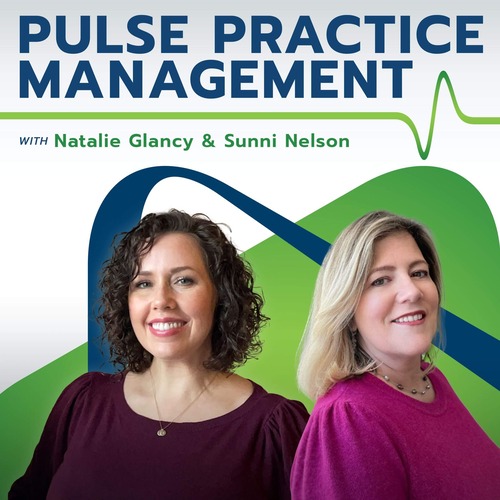
No matter what area of work you are in, mistakes are inevitable. The world of medical billing and coding is no different. While we try our best to avoid errors for our clients, it does still happen. As a way to move toward an error-free effort, we have compiled the most common mistakes that have come up during our experience in the field. By seeing the possibilities beforehand, you may be able to avoid them.
At Applied Medical Systems, we have lived through the errors and experiences to be able to provide insight to our team and clients. Work with a medical billing and coding company that can learn from past experiences! We help you avoid the hassle.
Incorrect Patient Information
A claim can be rejected by an insurance company if a patient’s insurance information is incorrect or his or her name is misspelled. Unfortunately, incorrect patient information is one of the most common errors between an insurance company and a medical organization. Typically these errors lead to a large amount of “back-end” work by your staff and a decrease in profitability for your practice. Check to ensure that the patient’s information is correct before coding, so you do not have to deal with the repercussions later.
Upcoding
Upcoding occurs when a medical billing code is incorrectly used to reflect a diagnosis or treatment that is more severe. It is imperative that only codes are supported by the documentation for the visit. Too often, upcoding occurs when the physician “feels” that service was worthy of a certain code, but the documentation is incomplete or does not substantiate the choice of code. It is important to note and correct when this occurs to ensure it does not get coded incorrectly.
Duplicate Billing
Hence its name, duplicate billing, means that a patient has been billed for the same service more than once. Duplicate billing may occur when a patient’s appointment is moved, but the original slot remains filled on the schedule, and the patient is billed for both times. Sometimes, patients may be billed for more than one first day in the hospital, which is typically more expensive than the following days at the same hospital. In each case, having a proper charge tracking mechanism in your EHR or PM system will ensure that duplicate billing does not occur.
No Code Linkage
The purpose of code linkage is to prove medical necessity and give insurance companies a reason to pay a medical provider. Code linkage connects a diagnosis code with a procedure code. It is imperative for the diagnosis code to match up properly with the procedure code. A lack of code linkage or code linkage that does not demonstrate medical necessity will prevent a medical practice from getting paid.
Digit Transposing
Even small errors in transposing digits can cost a medical facility. Accidentally switching between two numbers when entering an ID can lead to claim denials and severe payment delays. Digits are transposed often when entering birth dates and other numerical data. This requires being cognizant and careful when inputting numbers to ensure these slight errors do not occur.
Avoid Common Medical Billing and Coding Errors with Applied Medical Systems
Your medical organization cannot afford serious payment delays because of a medical billing or coding error. Outsourcing medical billing and coding services is a smart choice to keep a steady stream of reimbursements and maximize profitability. At Applied Medical Systems, we guarantee efficient medical billing and coding solutions so that you never have to worry about a claim denial or delayed payment. Do you want to outsource medical billing and coding to a company you can trust? Contact us today for more information.

